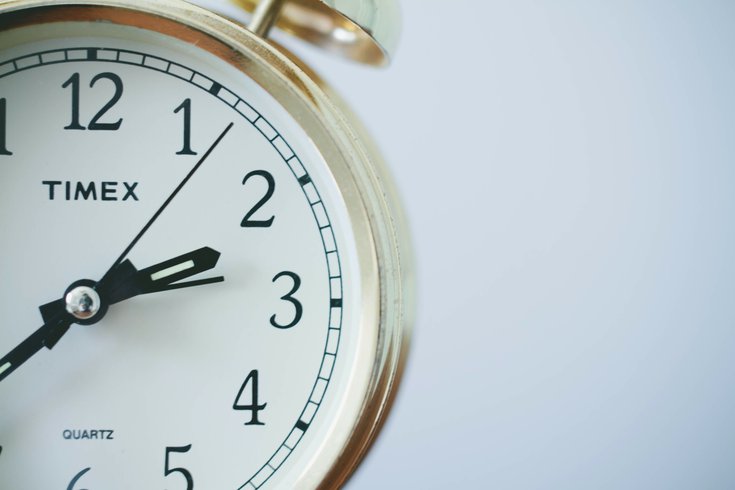
September 03, 2020
 Sonja Langford/Unsplash.com
Sonja Langford/Unsplash.com
Daylight saving time proponents argue that it extends sunlight hours and reduces energy costs. The practice dates back to the 19th century.
Many people enjoy the extended sunlight that daylight saving time provides each summer, when the sun doesn't set until after 8 p.m.
But sleep experts say seasonal time changes disrupt the rhythms of the body's internal clock, posing a risk to public health and safety.
The American Academy of Sleep Medicine wants a permanent standard time implemented in place of daylight saving time, arguing it would more closely align with the body's circadian rhythm.
In a paper published last week in the Journal of Clinical Sleep Medicine, the organization wrote that "an abundance of accumulated evidence indicates that the acute transition from standard time to daylight saving time incurs significant public health and safety risks."
Seasonal time changes increase the risk of adverse cardiovascular events, mood disorders, motor vehicle crashes, strokes and hospital admissions, the sleep experts wrote. They also can increase production of inflammatory markers, one of the body's stress responses, the sleep experts said.
"Permanent, year-round standard time is the best choice to most closely match our circadian sleep-wake cycle," said Dr. M. Adeel Rishi, the study’s lead author. "Daylight saving time results in more darkness in the morning and more light in the evening, disrupting the body’s natural rhythm."
Proponents of daylight saving times have argued that it benefits society by extending sunlight hours and reducing energy costs. The practice started in the 19th century and became widely accepted by 1966.
The experts acknowledged that the chronic effects of staying in daylight saving time year-round have not been well-studied. But they pointed to several studies detailing the adverse impacts of seasonal time changes.
A study published in Current Biology in January found that fatal car crashes rose by as much as 6% during the March "spring forward" period, when Americans lose one hour of sleep. Eliminating daylight saving time could have prevented more than 600 fatal crashes in a 22-year period, the study found.
Additional research published in April found an 18% jump in adverse medical events connected to human error in the first week of daylight saving time.
"There is ample evidence of the negative, short-term consequences of the annual change to daylight saving time in the spring," AASM President Dr. Kannan Ramar said. "Because the adoption of permanent standard time would be beneficial for public health and safety, the AASM will be advocating at the federal level for this legislative change."
A pair of surveys conducted by the AASM shows some public support for their cause.
A July survey of more than 2,000 adults found that 63% favored eliminating seasonal time changes in favor of a fixed, year-round clock. Only 11% opposed it.
Additionally, a 2019 survey found that 55% of adults felt extremely or somewhat tired after the spring change to daylight saving time.
Follow Pat & PhillyVoice on Twitter: @Pat_Ralph | @thePhillyVoice
Like us on Facebook: PhillyVoice
Add Pat's RSS feed to your feed reader
Have a news tip? Let us know.